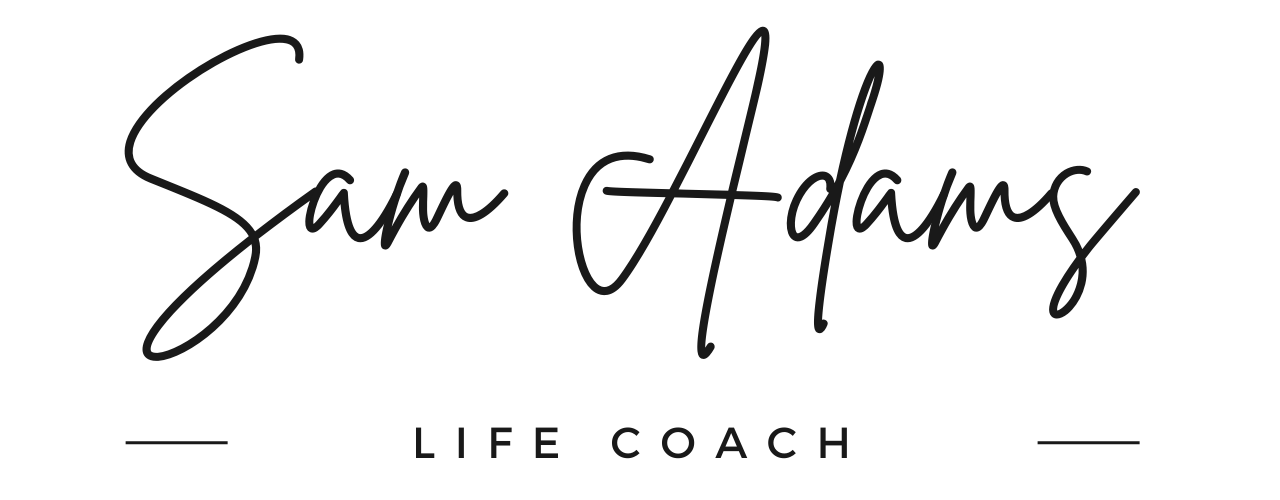
Jungian Archetypes
- The Innocent – This archetype just wants to be free and have personal autonomy. It tries it’s hardest to do what is right and what brings joy without hurting others or feeling punished for making a mistake or doing something wrong. Sometimes referred to as the mystic, romantic, or dreamer, this archetype has a blazing optimism and believes in the good nature of people.
- The Everyman – This archetype is the connection between all people and the belief in the equality of all people. Through good virtue and a deep desire to be a part of the human race, this archetype is usually very down to earth and amicable. Though sometimes it has a weakness for assimilation or superficial relationships “the good neighbor” wants desperately to feel connected and belonging.
- The Hero – This archetype seeks to be the greatest version of one’s self in an effort to positively impact the world. Obsessed with emotional, physical, and intellectual strength this archetype works diligently to master life. While The Hero is weak to vulnerability and arrogance, the intentions and desires are pure and noble.
- The Caregiver – This archetype seeks to love, accept, protect, and help others through selfless acts of compassion. Sometimes called “The Saint” the line between charitable and martyr can be very thin. Greed and selfishness are the antithesis of the generosity of this archetype which can lead to people taking advantage.
Ego Archetypes
The Ego is not a negative expression in Jungian Theory. It’s the representation of our conscious mind and how it influences our thoughts, memories, and emotions.
- The Explorer – This archetype embodies the philosophy of freedom. Freedom of movement, expression, and discovery. It wants to travel the world and go on great adventures! It avoids containment and aims to wander with purpose. Sometimes called “The Seeker” this archetype is ambitious and seeks a fulfilling and exciting life free of boredom or restrictions.
- The Rebel – This archetype is rooted in philosophical justice and liberty. Casting off rules and rulers who seek to oppress and tyrannize. Fervently defending the individual and their autonomy, sometimes to the point of criminality or revolution. Sometimes known as “The Outlaw” or “The Revolutionary” this archetype challenges the status quo in hopes of making a better working world.
- The Lover – This archetype is fixated on connection and intimacy. It yearns for relationship with lovers, peers, and the world around it. It desires to be the most emotionally and physically attractive version of itself, while trying to resist vanity and loneliness. Sometimes called “The Sensualist” or even “The Intimate” this archetype works hard to build lasting and meaningful commitments to all other things.
- The Creator – This archetype seeks to make all things possible. The building of a beautiful society, or of the composition of a great work of art, all things imaginable are within the reach of this archetype. Sometimes called “The Dreamer” or “The Artist” the only real failing is poor execution or the entire lack of execution through the obsession of perfection.
Soul Archetypes
The Soul as a more tangible concept is the representation of the personal unconscious. It deals with morals, philosophy, personality, and the balance of right and wrong.
- The Jester – This archetype seeks to shine a bright light of happiness on the world. It wants to make laughter and memories that are lasting and eternal, while avoiding boredom and frivolity. Sometimes known as “The Comedian” there is nothing more satisfying than a smile, a laugh, a harmless prank, or a good joke that interrupts the mundane or depressing.
- The Sage – This archetype revels in the truth and integrity. It is unabashedly just and impartial. Using logic, intelligence, and reason to steer it’s motives and always driving for a deeper analytical understanding. Sometimes known as “The Scholar” or “The Academic” this archetype looks to master their internal and external understanding while avoiding deception and negligence.
- The Magician – This archetype focuses on understanding the laws that govern the universe and nature to make all things possible. Always finding solutions that others seem to overlook or find unfathomable. Sometimes known as “The Inventor” or “The Visionary” this archetype wants to make all dreams come true while avoiding manipulation or unintended consequences.
- The Ruler – This archetype believes that power and leadership can create utopia. In the right hands perfection can and will be achieved in life, community, and nature with the application of enough force and leadership. Sometimes known as “The Dictator” or “The Leader” this archetype seeks to balance the world in harmony and prosperity while avoiding chaos, revolution, and corruption.
Self Archetypes
The Self is all about action and how we choose to express our morals and emotions. It’s the attitude or perspective that we employ in our daily lives.
I think that many people, throughout their day or life, will experience all of these archetypes to one degree or another. My personal opinion is that in each cardinal orientation (Ego, Soul, Self) we have a predominate archetype that shapes our emotions, morals, and actions. Personally I feel most connected with The Innocent, The Rebel, and The Sage.
Sed ut perspiciatis unde omnis iste natus error sit voluptatem accusantium doloremque laudantium, totam rem aperiam, eaque ipsa quae ab illo inventore veritatis et quasi architecto beatae vitae dicta sunt explicabo.
Nemo enim ipsam voluptatem quia voluptas sit aspernatur aut odit aut fugit, sed quia consequuntur magni dolores eos qui ratione voluptatem sequi nesciunt. Neque porro quisquam est, qui dolorem ipsum quia dolor sit amet, consectetur, adipisci velit, sed quia non numquam eius modi tempora incidunt ut labore et dolore magnam.
